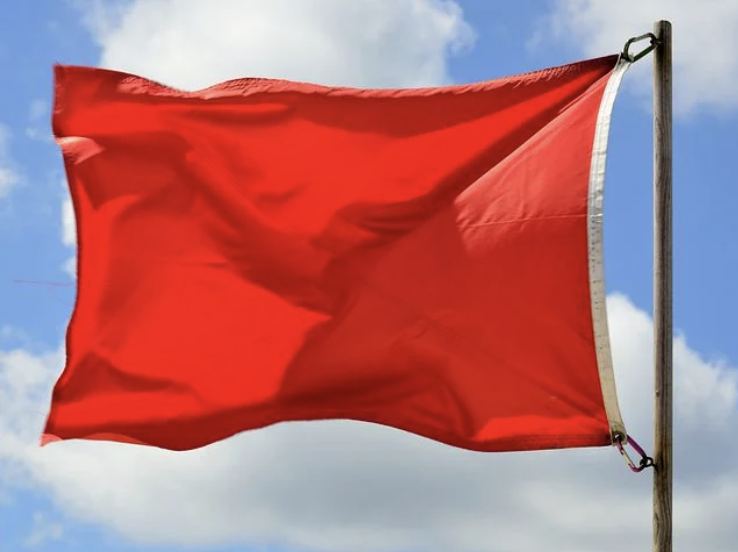Ken Stalcup, Indianapolis-based CPA, had used his debit card while dining in a local restaurant. Several days later, his bank flagged a suspicious charge on his account. Somehow, Stalcup’s card had been used in New York to purchase computers at an office supply store.
Fortunately, Stalcup’s bank was able to close the card down, but not before the criminal had racked up nearly $2,000 in purchases.
As an accountant, Scalcup knew the importance of diligently monitoring his checking account. That’s why he was surprised to find that despite his diligence, someone had stolen his account information. His initial reaction was, “This can’t be happening to me, can it?”
A Quickly Growing Epidemic
Identity theft is one of the fastest growing crimes in America. Last year, 13.1 million people had their identities stolen, resulting in an estimated $18 billion in financial losses.
If you aren’t closely tracking your credit report, or don’t check your statements each month—you might not even be aware that your identity is living a separate life from you—until it’s too late. This is why it’s important to remain diligent in monitoring your accounts and credit information. Catching identity theft sooner, rather than later, can help reduce the amount of damage that a thief can do to your name.
Often in cases of identity theft the victim will have an indication that something is wrong. Here are seven red flags to watch for. These warning signs are often the first signs of identity theft.
1. Errors on Your Bank Statements
Checking your bank statements and credit card statements is important. The first warning sign that you have become a victim of identity theft is when errors or unexplained transactions appear on your bank or credit card statement. If you don’t recognize certain transactions, be sure to contact your bank or credit card company immediately to avoid further damage.
2. Missing Mail
If important documents such as monthly bank statements, or credit card statements suddenly stop coming—this could be a red flag your identity has been stolen. Missing bank statements could mean that the thief filed a change of address with the company, and is now receiving the statements to keep you off the scent of the identity theft for as long as possible.
3. Receiving Welcome Letters For Credit Cards You Didn’t Apply For
If you receive a letter in the mail congratulating you on the recent account you opened, or credit card you have been approved for—think twice before writing it off. If you didn’t apply for a credit card, you shouldn’t be receiving a welcome letter. This could be an indication that a thief is using your identity to open accounts in your name.
4. Collections Notices for Accounts You Never Opened
Chances are if someone has stolen your identity, they aren’t going to be paying off the bills they racked up in your name. If you are receiving bills, collection notices for debts, or credit cards you didn’t open—contact that company immediately to help resolve the problem before your credit is damaged.
5. Your Credit Report Contains Suspicious Information
Obtaining regular copies of your credit report can help you to monitor your credit history, and ensure that your identity isn’t being used fraudulently. Your credit report will reflect recent accounts that have been opened. If you notice accounts that have been opened that you didn’t authorize, be sure to contact the fraud department of the credit agency, and ask them to place a fraud alert on your account.
6. You are Denied an Application, Even Though Your Credit is (or was) Good
Most people work very hard to ensure their credit score stays at a decent number. Having a good credit score is essential for a loan or credit approval. However, if you are denied for a credit card due to a low credit score, and you know your credit score was high—you may have a problem with identity theft and identity fraud.
7. You Encounter Problems With Your Medical Insurance
Encountering problems with your medical insurance, such as being denied for procedures, or if you receive bills for procedures that you haven’t had, this should be a red flag that someone may be using your identity, and insurance, to obtain medical treatment.
Unfortunately, most people don’t know that they’ve had their identity stolen until their bank contacts them. It’s important not to rely on others to catch the problem; the longer identity theft goes on, the more damage is usually done and the longer it takes to undo it.
This is why it’s important to remain diligent, and on the lookout for warning signs that your personal data may have been compromised.
Image: Pixabay

